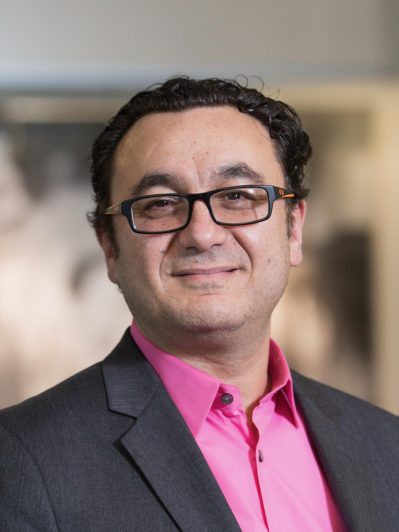This study is a randomized clinical trial (RCT) of the efficacy of a direct-to-consumer intervention called Brain Safe to primarily reduce older adults’ exposure to prescription anticholinergics and secondarily improve cognitive function and health-related quality of life. Over 42 months, the trial will enroll 700 community-dwelling older adults who were prescribed one or more strong anticholinergics. Participants will be randomized to use the Brain Safe app or an attention control medication list app for 12 months, with monthly usage reminders.
The primary objective is to test the effect of Brain Safe on anticholinergic exposure at 12 months. We hypothesize that anticholinergic exposure will be lower among those randomized to the Brain Safe intervention compared to those randomized to the attention control app at 12 months. Our primary, powered outcome is the total standard daily dose (TSDD) measure of anticholinergic exposure at 12 months, which is calculated over the preceding 6 months of prescription data. We will electronically capture prescription data monthly and compute TSDD at baseline, 6, and 12 months.
The secondary objective is to test the effect of Brain Safe on: (a) cognitive function and (b) health-related quality of life at 12 months. We hypothesize older adults randomized to Brain Safe will have higher (a) cognitive function, measured by using an objective, performance-based composite, and (b) health-related quality of life (HRQOL), compared to those randomized to the attention control app, at 12 months.
Exploratory objectives are to test the effect of Brain Safe on anticholinergic exposure, cognitive function, and HRQOL at 6 months. This aim will explore the presence of early effects of Brain Safe at 6 months.













